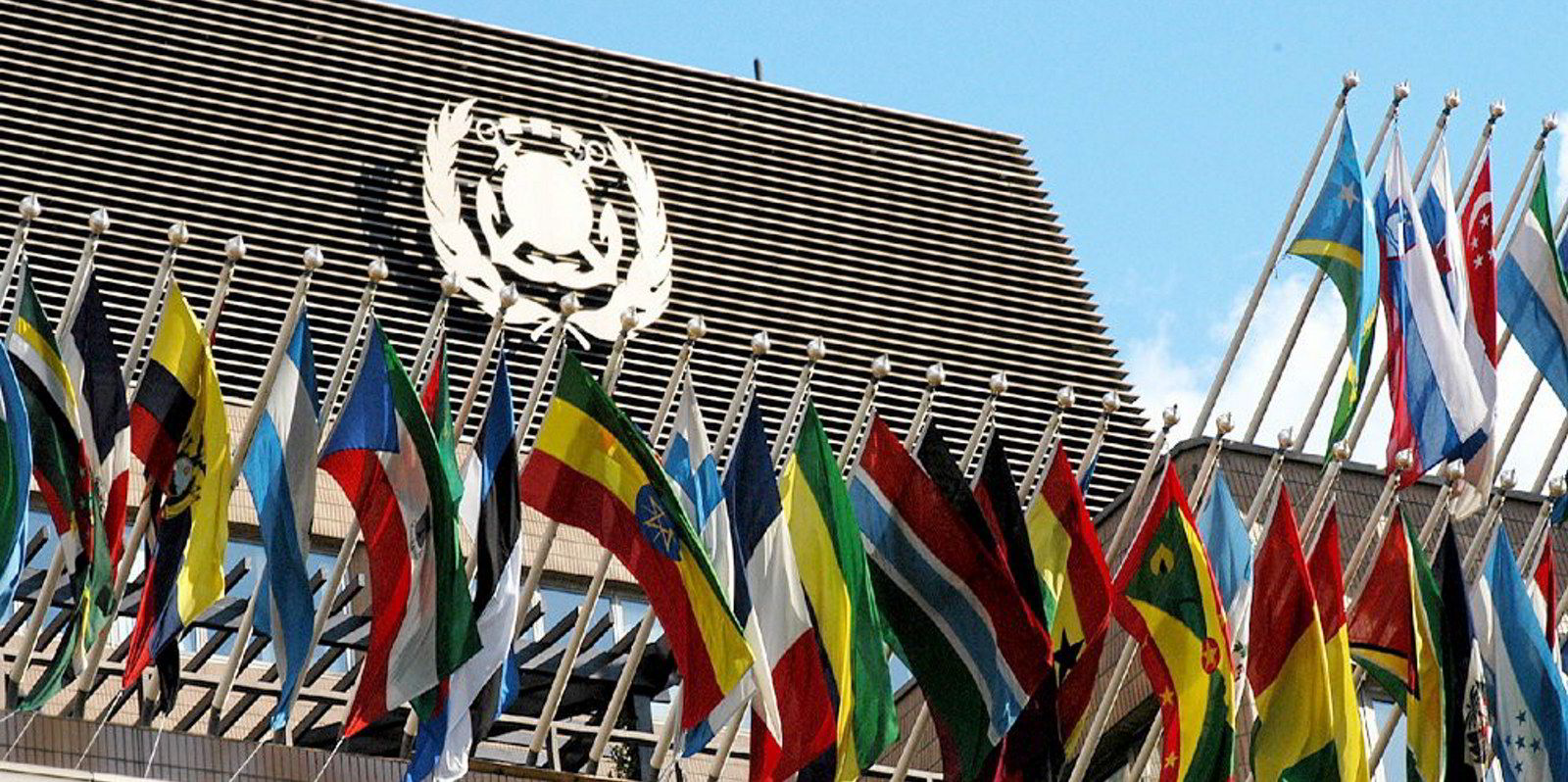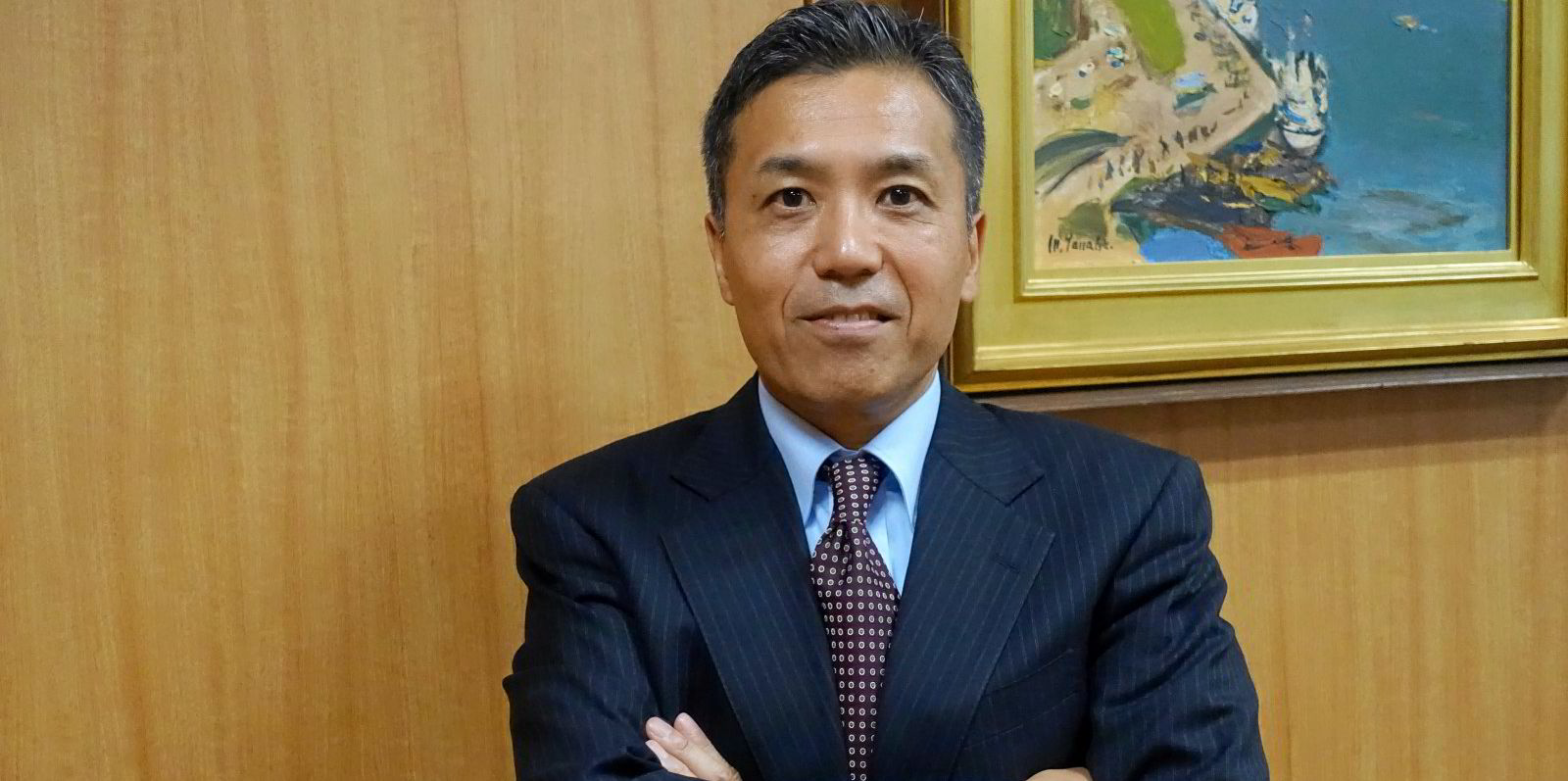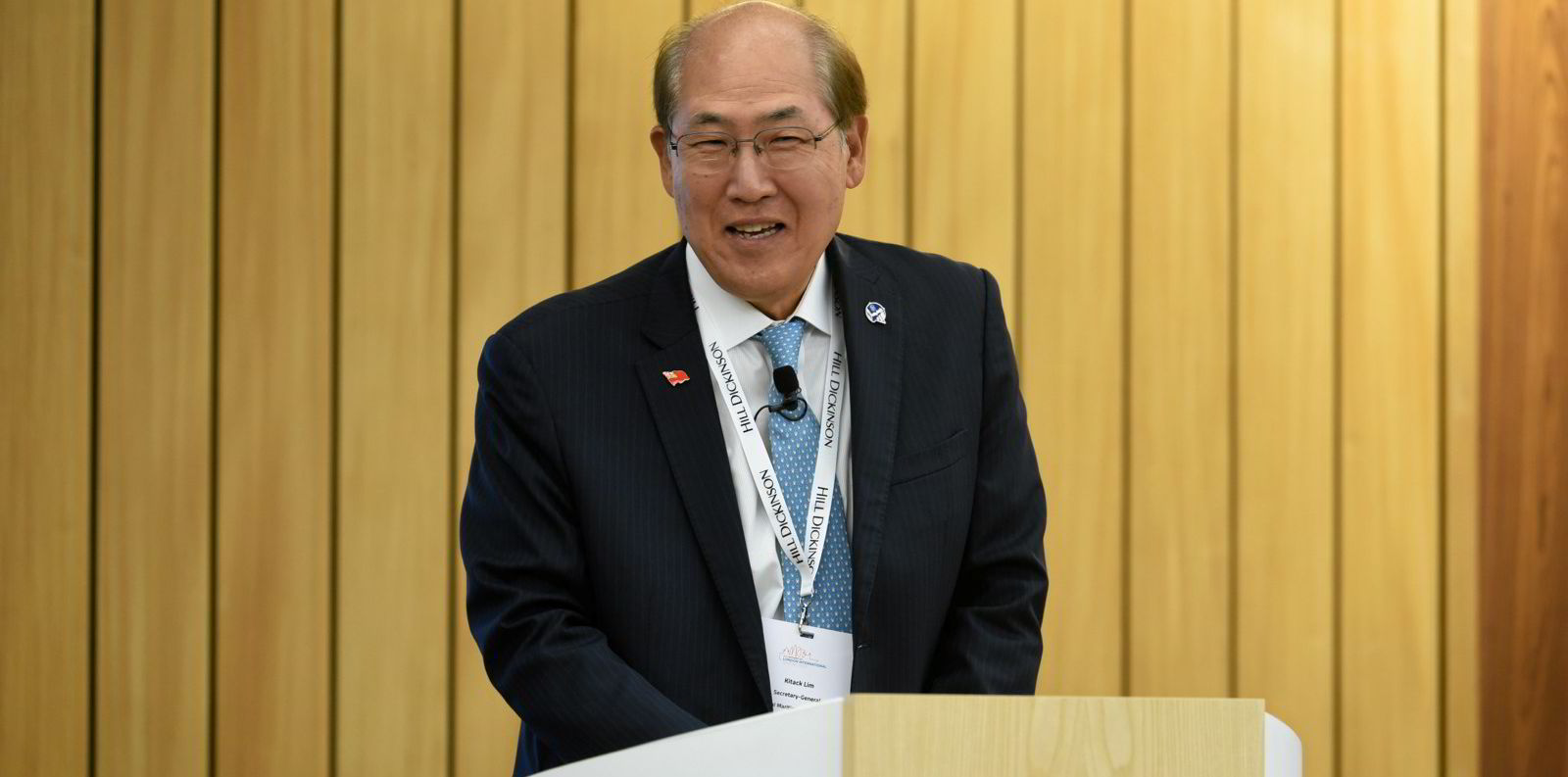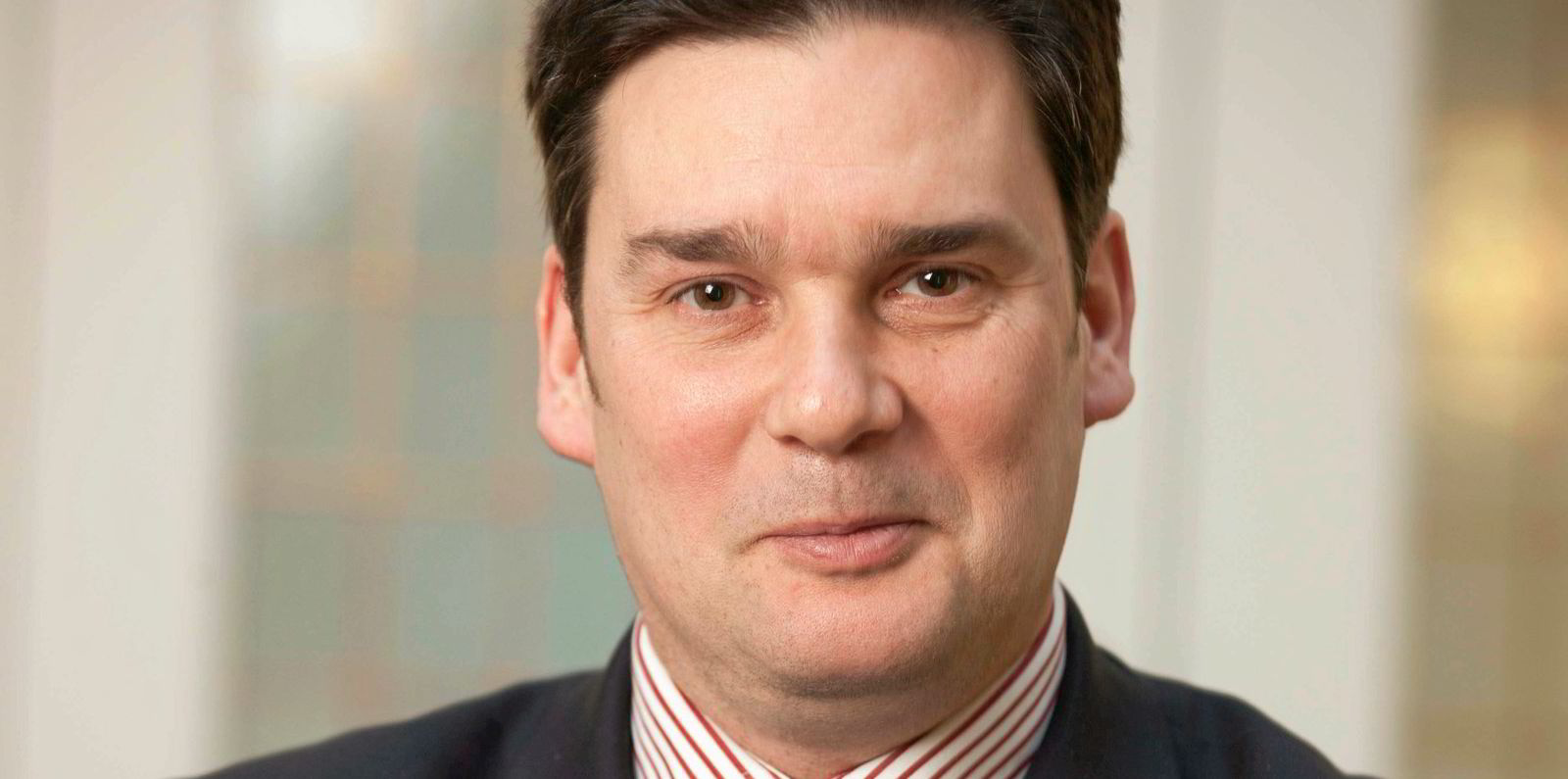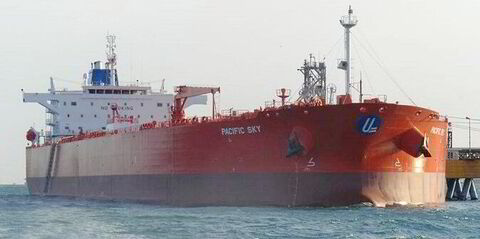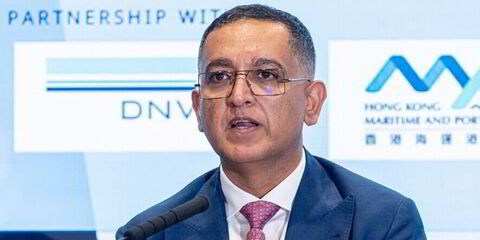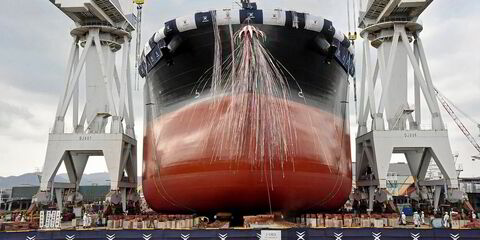Campaigning is revving up ahead of this Friday's election to the International Maritime Organization's all-important decision-making Council.
A seat on the IMO Council is regarded as prestigious. The body plays a decisive role in determining policy, budget, work schedule and voting in the secretary general.
Current IMO secretary general Kitack Lim is in his second and final term, with his replacement due to be decided at an election next summer.
Many small and developing nations are keen to be represented in the IMO's leadership ahead of new decarbonisation regulation which could impact them economically.
Forty seats are up for grabs, split into three IMO Council categories.
Elite grouping
The leading Category A — made up of countries with the largest interest in providing shipping services — looks like remaining as it is.
Only the current 10 members are putting themselves forward for election, with no newcomers attempting to break into the elite grouping.
The current Category A is made up of China, Greece, Italy, Japan, Norway, Panama, Republic of Korea, Russian Federation, the UK and the US.
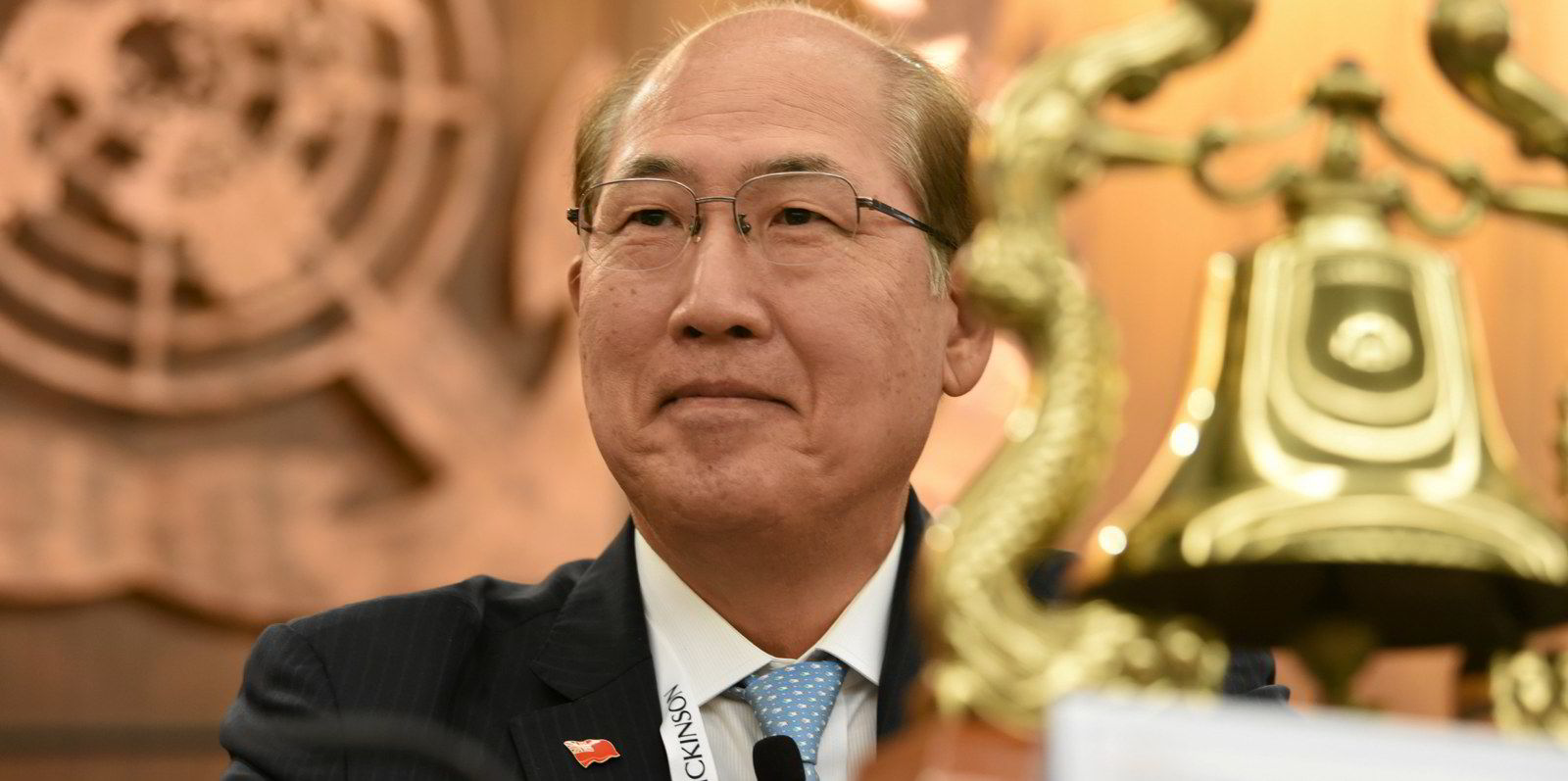
Sweden has put itself forward as a new candidate for election to Category B, made up of 10 states with the largest interest in seaborne trade.
The United Arab Emirates has been campaigning hard to keep its place on Category B. It has put out a statement in support of maintaining its seat.
Mohammed Khamis Al Kaabi, UAE permanent representative at the IMO, said: “In line with our aim of achieving net-zero targets, we are helping the shipping sector adhere to the IMO legislation of reducing sulphur oxide emissions by providing new, low-sulphur fuels at an affordable price."
Strong commitment
In support of its re-election to Category B France pledged a "strong commitment to the protection of the marine environment."
It is Category C, however, which contains 20 members states, which is likely to prove the most hotly contested.
Hoping to win a seat in the grouping are Vanuatu, Qatar, Poland, Pakistan, Nigeria, the Kingdom of Saudi Arabia, Colombia and Bangladesh.
The IMO Council system is undergoing reform to make it more inclusive in the future. The plan is that the current 40-seat system is to be expanded to 52. Categories A and B will be expanded to 12 seats and Category C will have 28 seats.
The term is also to be expanded from two years to four years. The IMO hopes to develop wider representation at the IMO Council, which will include more small island developing states and least developed countries.(Copyright)
